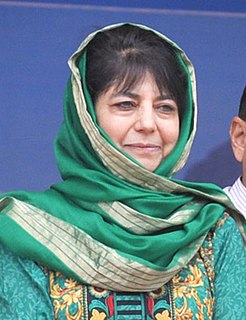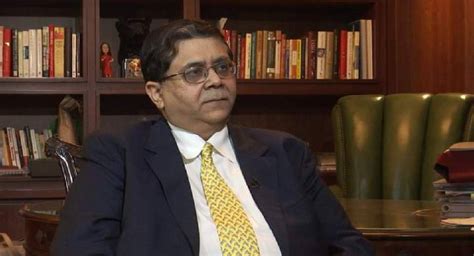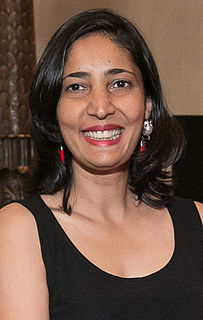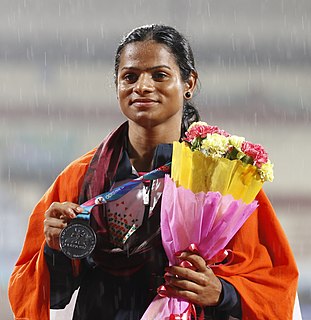A Quote by Shahid Afridi
My wife is from India, and I come to India a lot. I have never faced any security issue.
Related Quotes
When I wrote 'Monsoon,' I always imagined the music video being shot in India. The song had so much to do with my time in India with my mother as well as leaving her in India during the monsoon season to visit my family in N.Y. It really was a dream come true when I was given the opportunity to shoot in India.
The issue of Kashmir is both political and emotional in nature. Any pragmatic and lasting solution needs India and Pakistan sitting together on a table and discussing a solution that addresses the aspirations of Kashmiris and does not compromise the territorial integrity of either India or Pakistan.
There are really at least two Indias, there is an India or a shining India the one which the west seas usually through urbanize and there is an India outside some of the big metro policies and in even the tier two cities and in rural India which is completely different. It goes by the name of Bahar which is a traditional name for India.
I returned to India because I believe in an India of honesty and hard work, not of corruption and crookedness. I believe in an India of openness and straightforwardness, not of hypocrisy and double-dealing. I believe in an India where opportunities are available to all, and not just to a chosen few.
For in Asia and around the world, India is not simply emerging; India has already emerged. And it is my firm belief that the relationship between the United States and India - bound by our shared interests and values - will be one of the defining partnerships of the 21st century. This is the partnership I have come here to build. This is the vision that our nations can realise together.
I really value and appreciate Menaka Guruswamy and Arundhati Katju's contribution in spearheading the historic judgement of decriminalisation of Section 377 in India. Their relentless efforts and fight against the discrimination and violence faced by the LGBTQ community in India was a ray of hope for many of us.




































